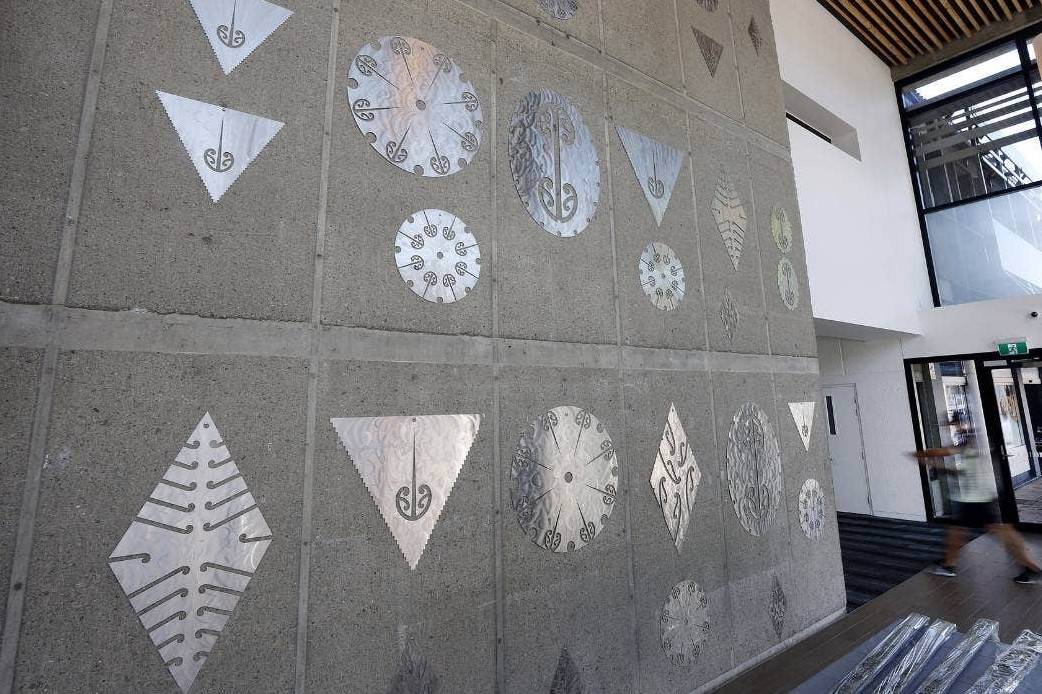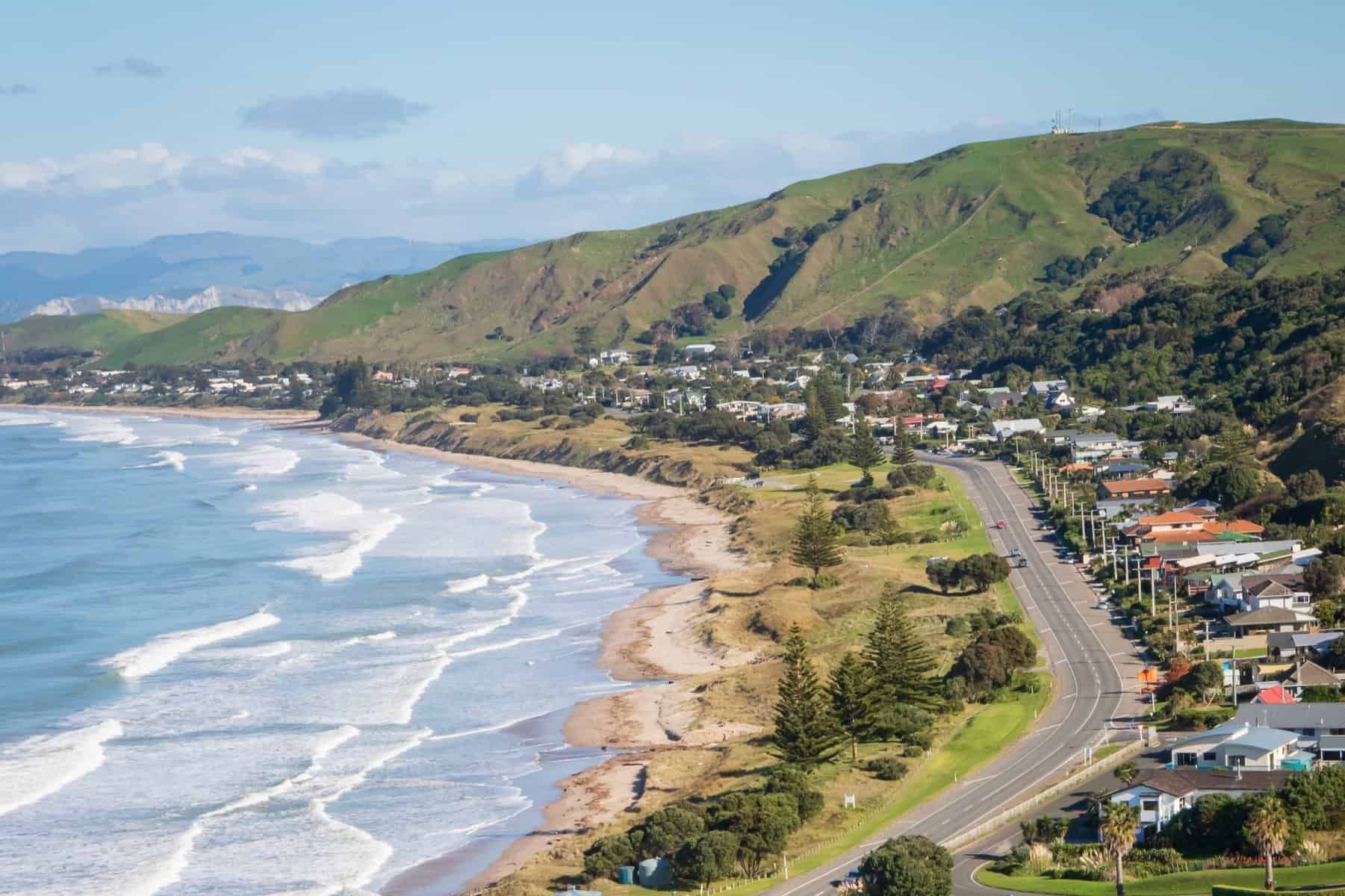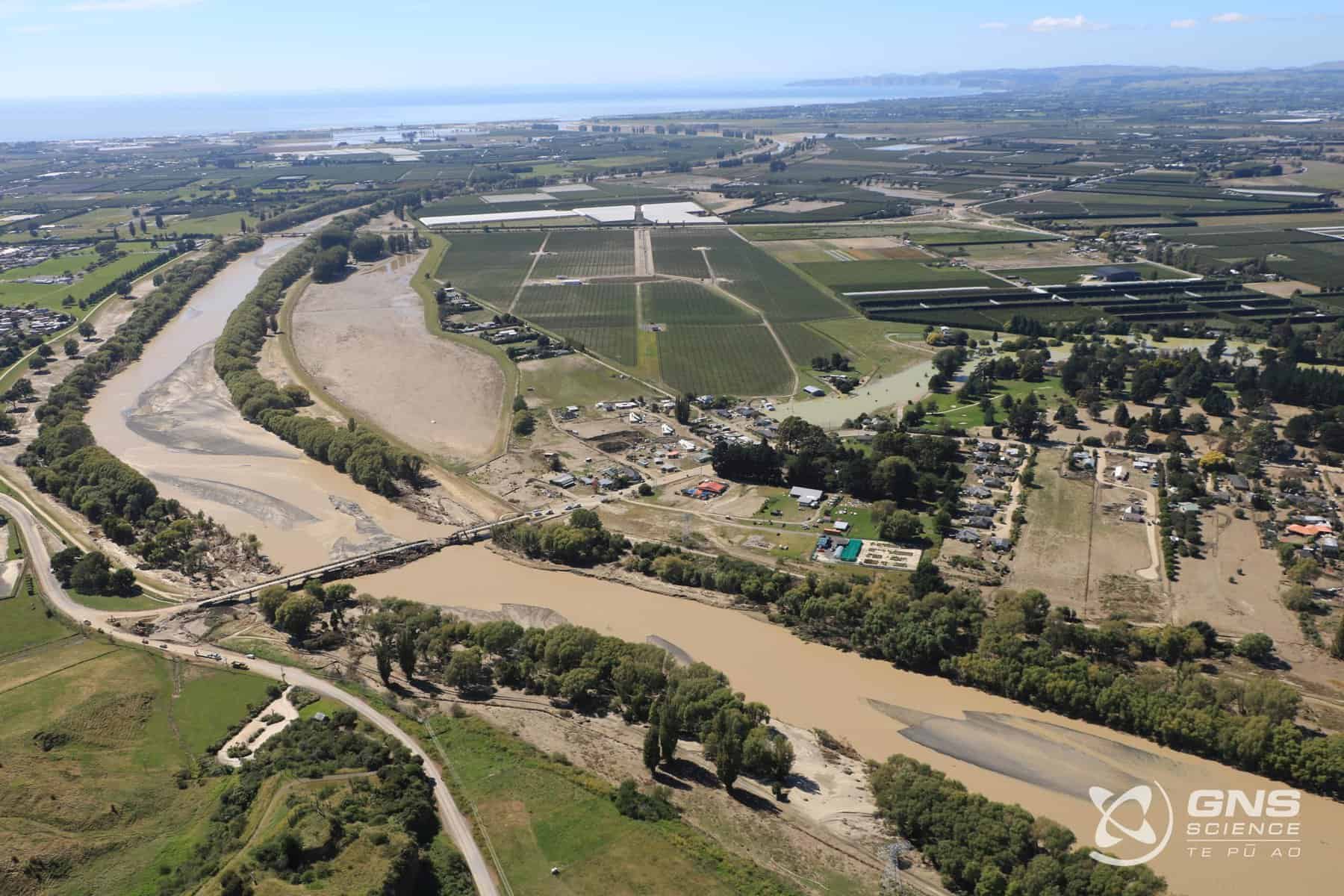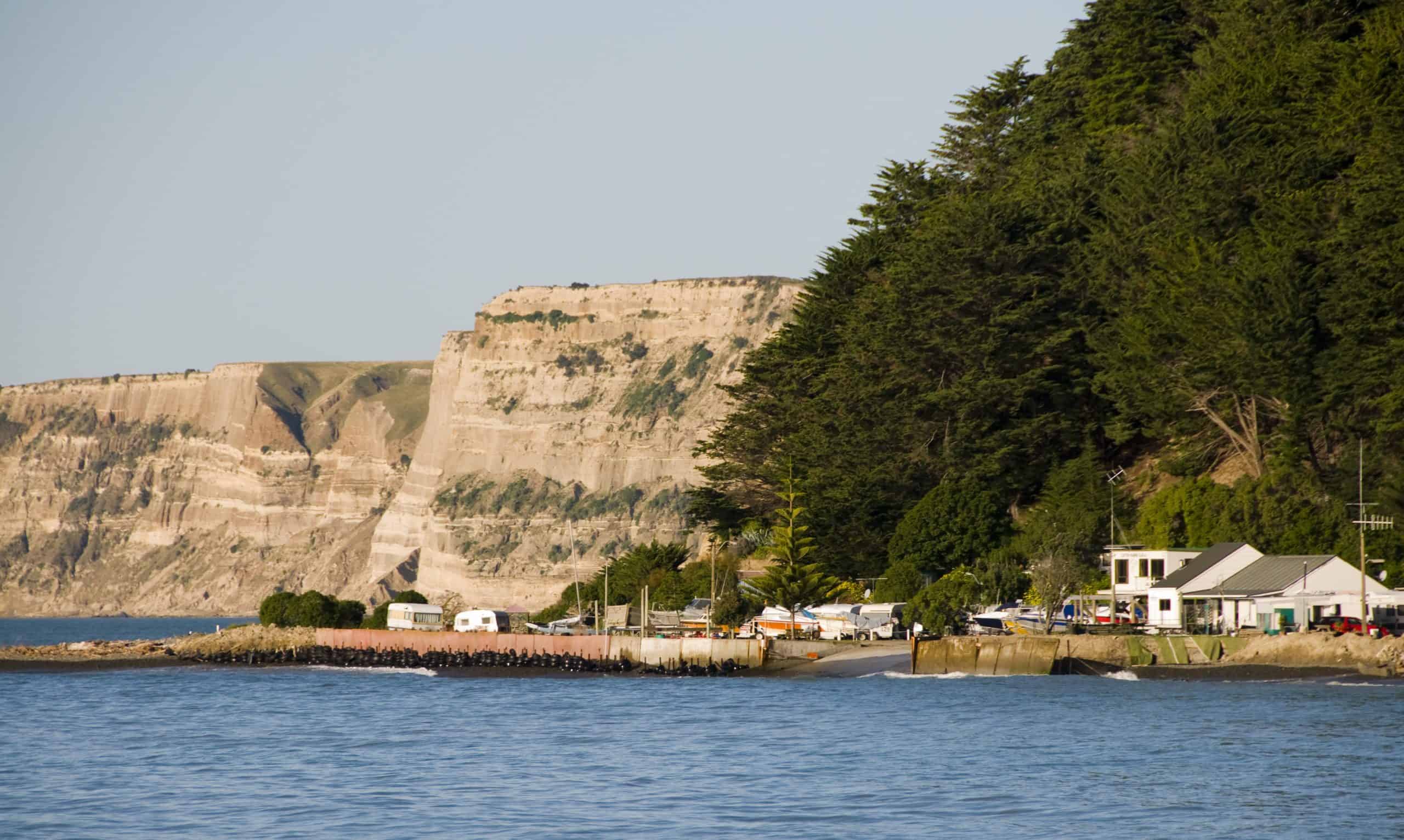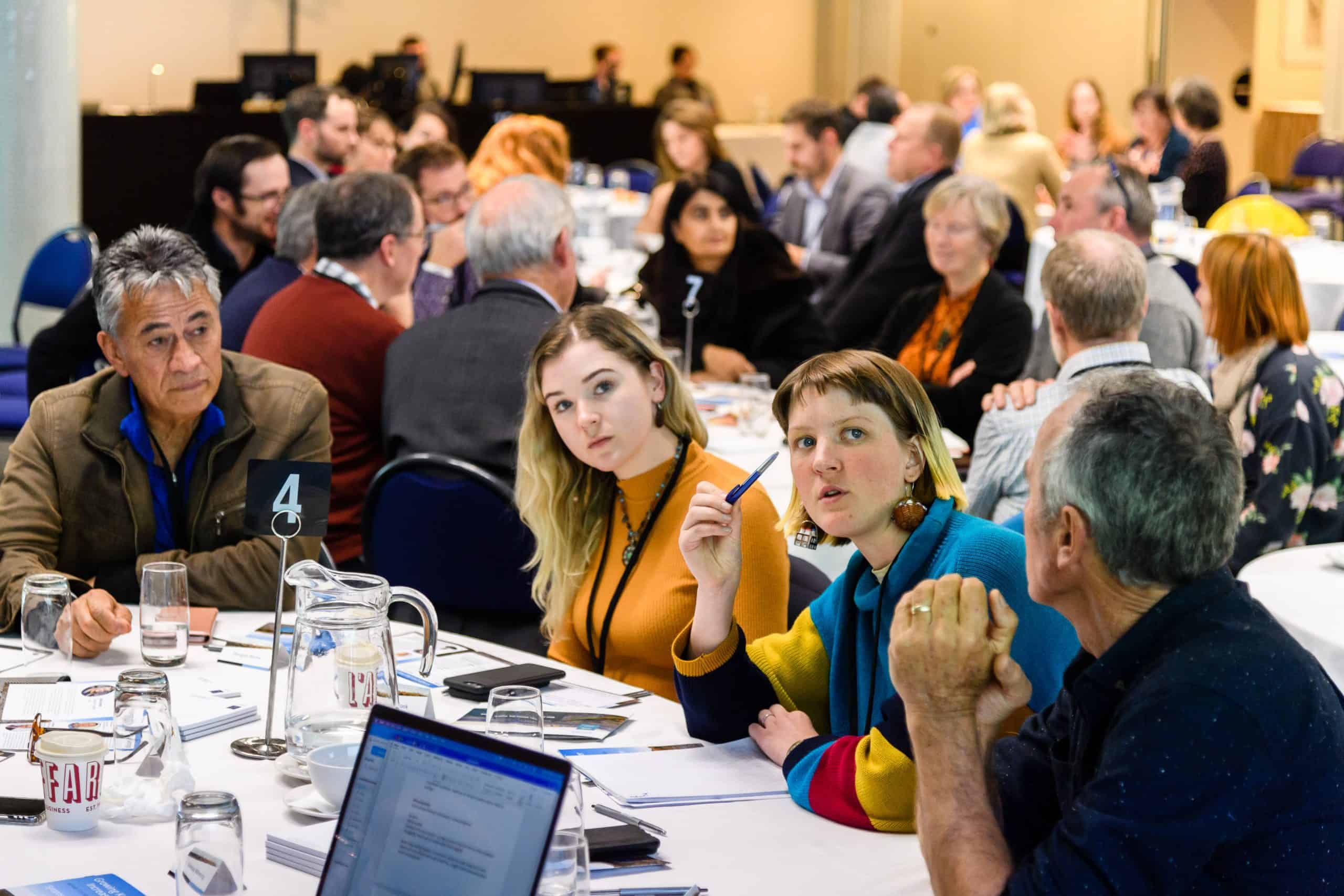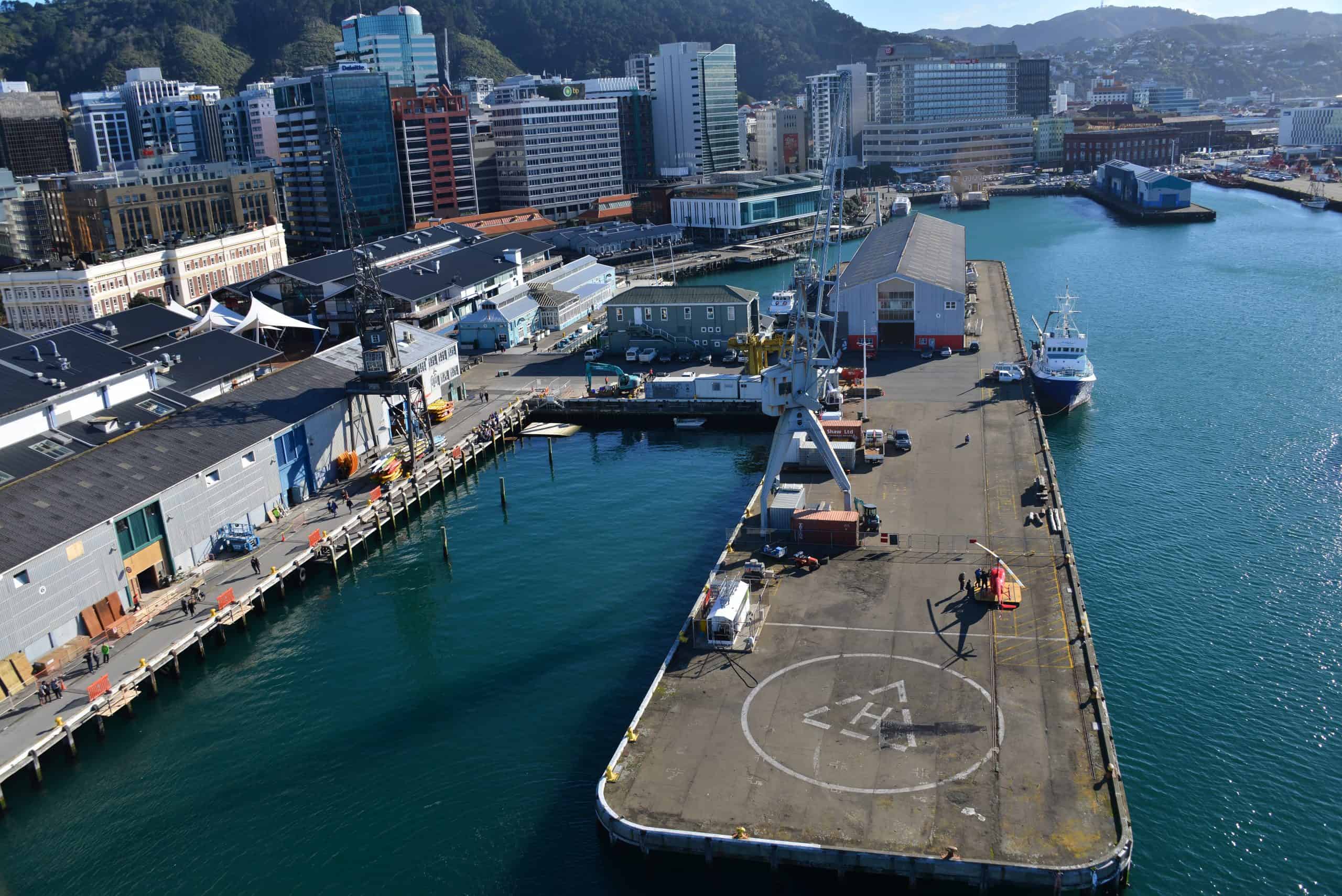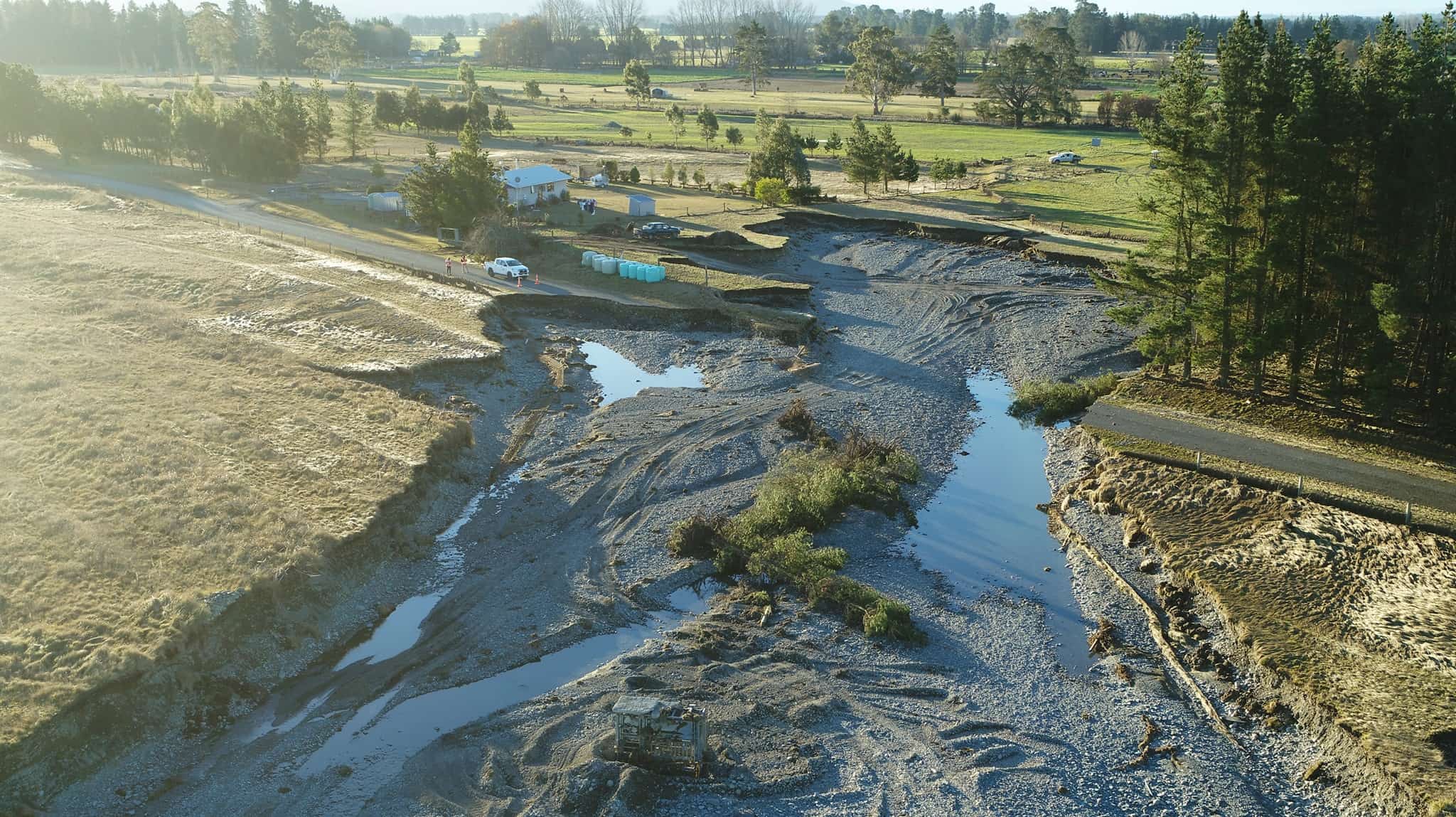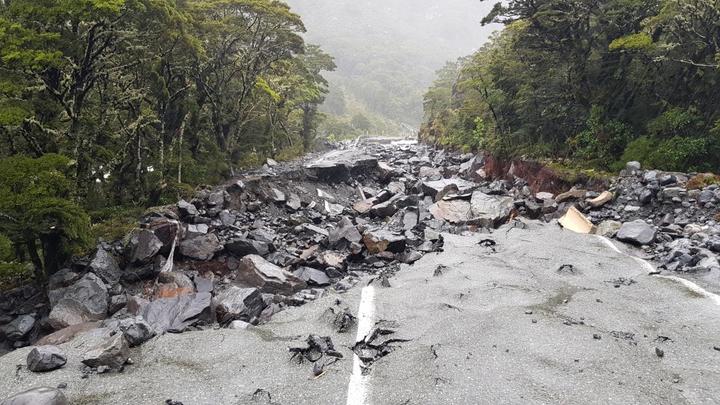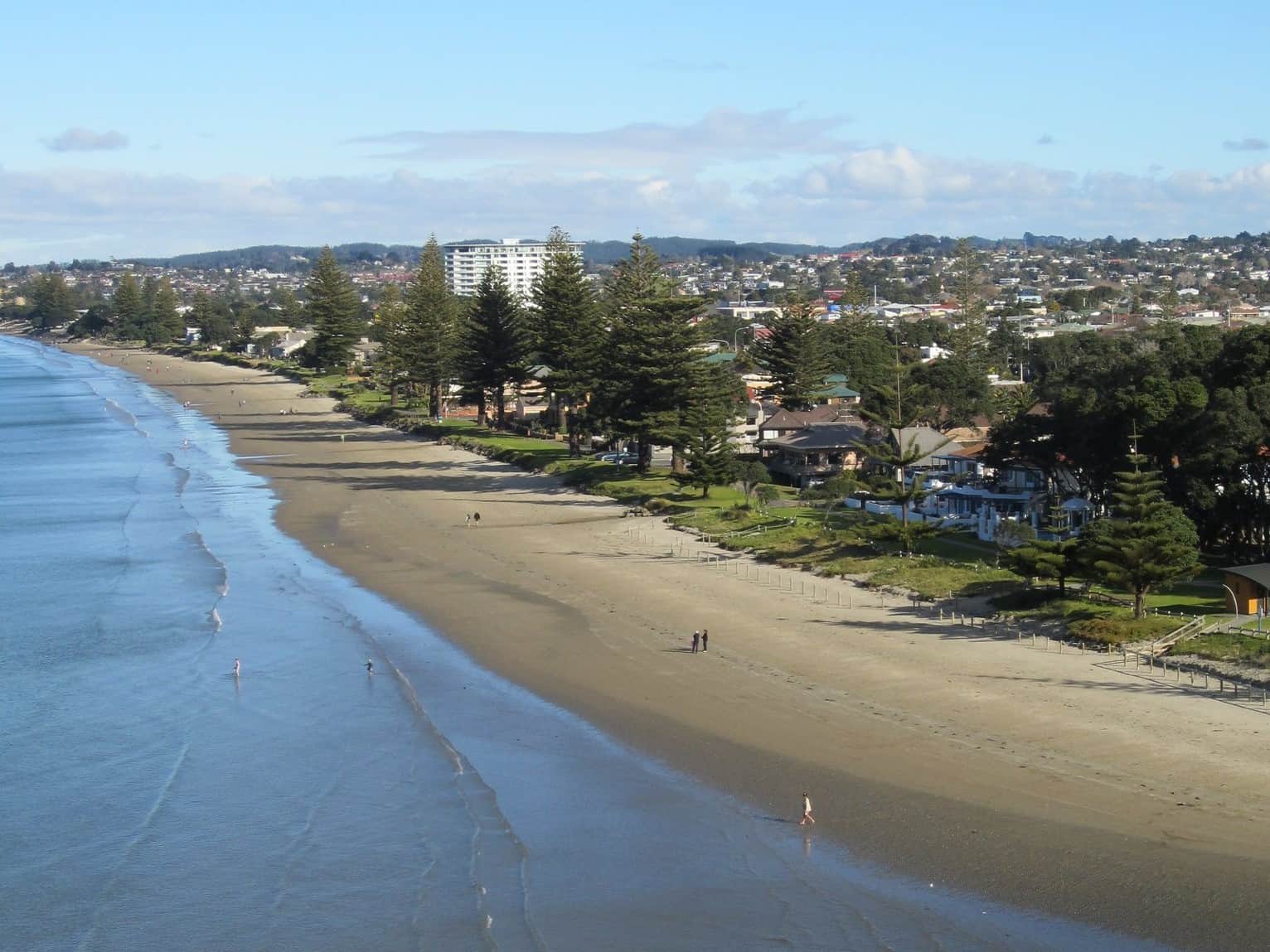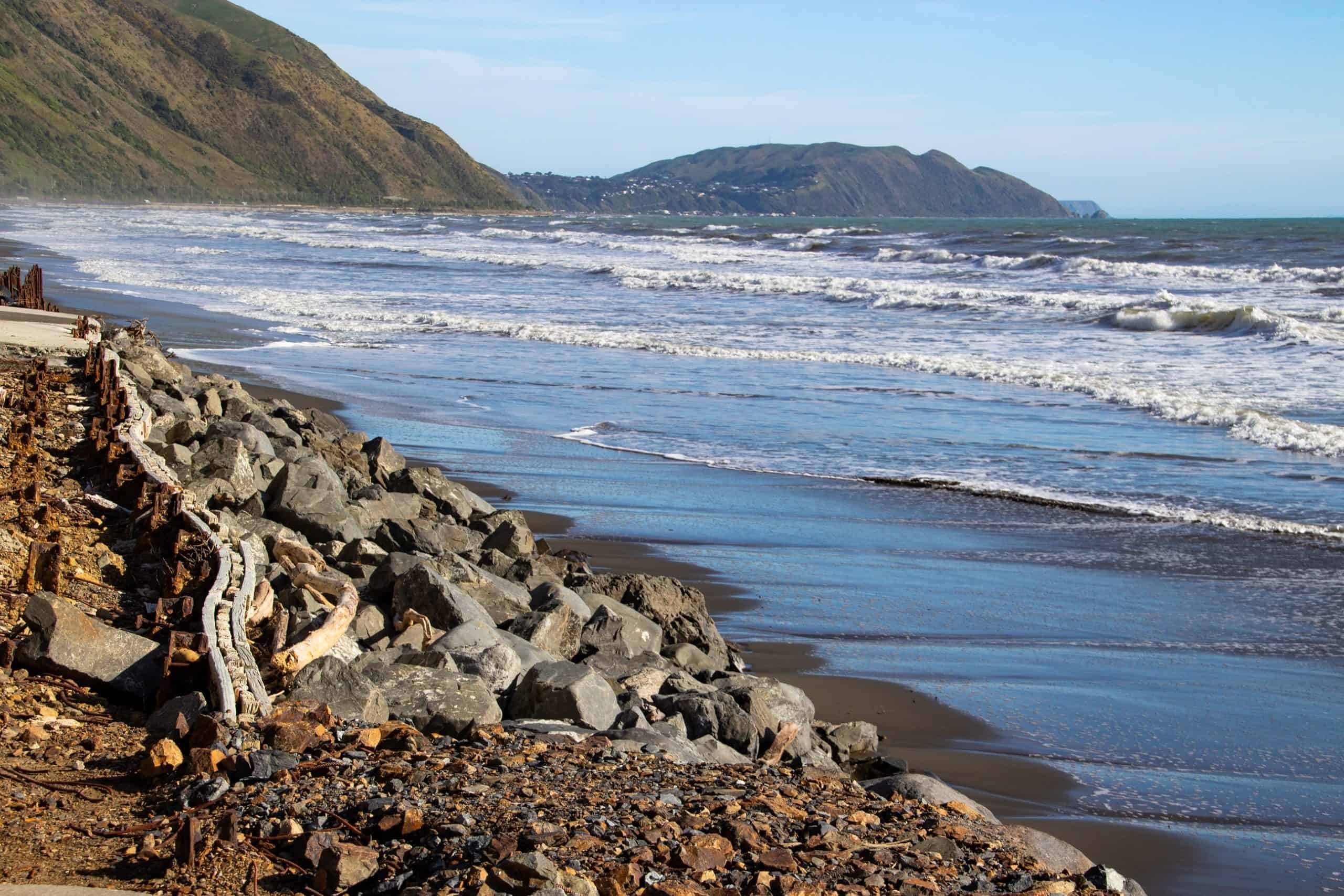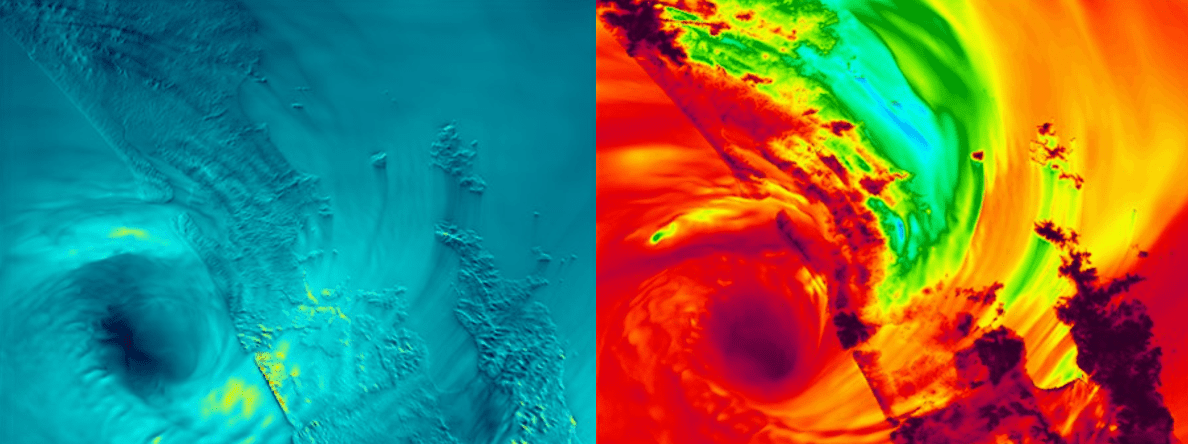In December 2022, a significant exhibition opened at Rangitāne House in Blenheim, the culmination of a longstanding collaboration with Rangitāne o Wairau that has brought kōrero tuku iho to life through art and science. A pūrākau relating to Te Pokohiwi-o-Kupe (Wairau Bar) led to geological research by Dr Darren Ngaru King (Ngāti Raukawa), formerly of […]
Category: Case study
Impact Case Study: Models and tools for decision-making
Over the last ten years of RNC funding, researchers from our Volcanoes team have developed strong relationships with iwi partners and other important stakeholders in both Taranaki and the Central Plateau. There are numerous work programmes underway in both regions where our science can feed directly into emergency planning, public education, and other processes. In […]
Impact Case Study: Science for resilience policy and practice
Recommendations from the 2021 report Enabling Coastal Adaptation: Using current legislative settings for managing the transition to a dynamic adaptive planning regime in New Zealand were an input in the development of the Ministry for the Environment’s paper Community-led retreat and adaptation funding: Issues and options which is relevant to the drafting of the Climate Adaptation Bill. […]
Impact Case Study: Responsive science for national emergencies
Following the Auckland Anniversary Weekend floods, the RNC directorate engaged with our research leaders to identify the response activities they were involved in, and how we could support them. Our Weather & Wildfire co-lead Dr Richard Turner and colleagues at NIWA began analysing how the event differed to previous modelling of a severe storm directly […]
Impact case study 2020-21: Science for resilience policy and practice
The 2020-21 year has seen significant developments in the policy frameworks covering climate adaptation and managed retreat. In 2019-20 we reported on the publication of the GNS Science report Reducing risk through the management of existing uses: tensions under the RMA by Emily Grace, Ben France-Hudson and Margaret Kilvington, primarily funded under our Phase 1 […]
Impact case study 2020-21: Partnership as the pathway to impact
We rely on collaborations with our partners and stakeholders in order to achieve our mission, including Challenge parties, other NSCs and aligned research organisations, iwi and hapū, government agencies, and councils. Growing Kai Under Increasing Dry was a collaboration between RNC, Deep South and Our Land & Water NSCs to develop a ‘rolling symposium’ on […]
Impact case study 2020-21: Models and tools for decision making
A key part of our mission to accelerate natural hazard resilience is development of new models and tools to quantify natural hazards and their associated social and economic impacts in more detail, allowing for better assessments of resilience options. As highlighted in our 2019-20 reporting, our Earthquake & Tsunami team have successfully developed a prototype […]
Impact case study 2020-21: Responsive science for national emergencies
Once again, 2020-21 provided numerous opportunities for our researchers to provide high quality analysis, advice and public commentary as natural hazard events unfolded, and in the aftermath. On the morning of September 18th, winds picked up in Auckland and an extreme gust measured at over 120km/hr blew two trucks sideways on the Harbour Bridge, seriously […]
Impact case study 2019-20: Responsive science for national emergencies
Resilience to Nature’s Challenges has a unique role among National Science Challenges, with obligations under the National Civil Defence Management Plan (2015) to enable coordination of post-event research activity. As we have demonstrated in 2019-20, we’re able to add significant value by linking and coordinating across the science system, and supporting the direct input of […]
Impact case study 2019-20: Partnership as the pathway to impact
Interdisciplinary science is an approach well suited to natural hazards research. It is almost never the case that an exclusively engineering, social, or geological research output is the solution to a resilience need. Multiple perspectives and diverse knowledge must be integrated to facilitate change and achieve impact. The coordination necessary for success requires leadership by […]
Impact case study 2019-20: Science for resilience policy and practice
In 2019-20 we saw several examples of direct application of Resilience to Nature’s Challenges (RNC) research findings into policy and practice. The GNS Science report Reducing risk through the management of existing uses: tensions under the RMA by Emily Grace, Ben France-Hudson and Margaret Kilvington, was primarily funded by our Phase 1 contestable fund. The report looks […]
Impact case study 2019-20: Models and tools for decision-making
How did Resilience Challenge research have an impact in 2019-2020? Central to our mission to accelerate natural hazard resilience is the development of new models and tools to quantify hazards and impacts in more realistic ways, providing better assessments of resilience options to decision-makers. Development of new models is iterative, requiring repeated testing and validation, […]
